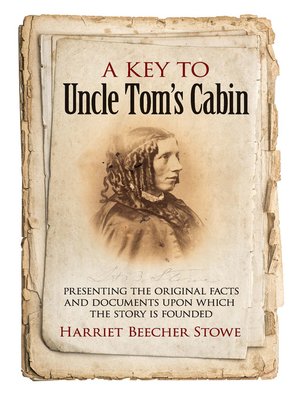A Key to Uncle Tom's Cabin
ebook ∣ Presenting the Original Facts and Documents Upon Which the Story Is Founded · African American
By Harriet Beecher Stowe

Sign up to save your library
With an OverDrive account, you can save your favorite libraries for at-a-glance information about availability. Find out more about OverDrive accounts.
Find this title in Libby, the library reading app by OverDrive.



Search for a digital library with this title
Title found at these libraries:
| Library Name | Distance |
|---|---|
| Loading... |
"I highly recommend reading this supplement in conjunction with Ms. Stowe's novel to gain a better understanding of the history of our nation." — The Literary South In 1852 Harriet Beecher Stowe published Uncle Tom's Cabin, an instant classic that received overwhelming acclaim by Northerners and other abolitionist readers. Southerners, conversely, strongly denied the novel's accuracy. The following year Stowe answered pro-slavery critics with this unique bestseller, a meticulous and thoughtful defense of her work, which cites real-life equivalents to her characters. Southern readers were further incensed by this follow-up volume, their wrath in no small part inflamed by a Yankee woman's presuming to tell men what to think. A critical aspect of Stowe's Key is her critique of the law's support of not only the institution of slavery but also the mistreatment of individual slaves. As in the original novel, her challenge extends beyond slavery to the law itself. American society's first widely read political novel, Uncle Tom's Cabin influenced the development of the nation's literature, particularly in terms of protest writing. This supplement to the novel offers valuable insights into a historical and literary landmark.







